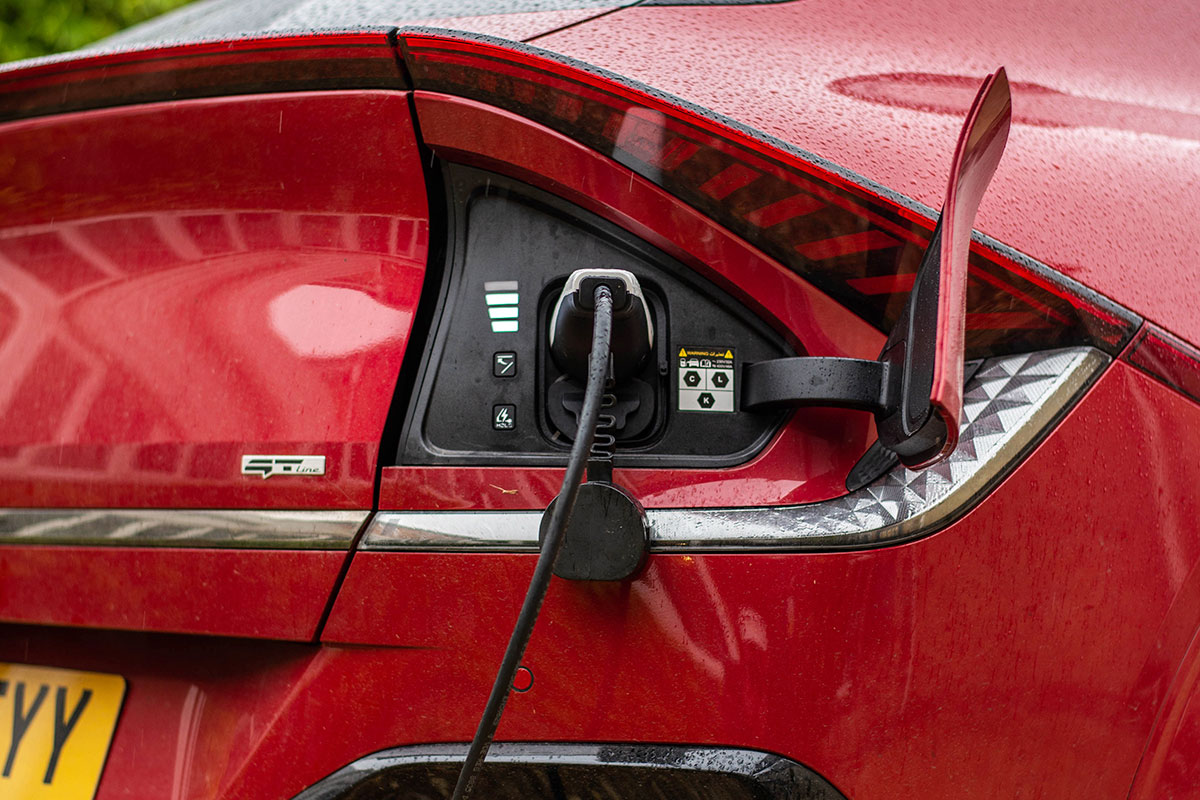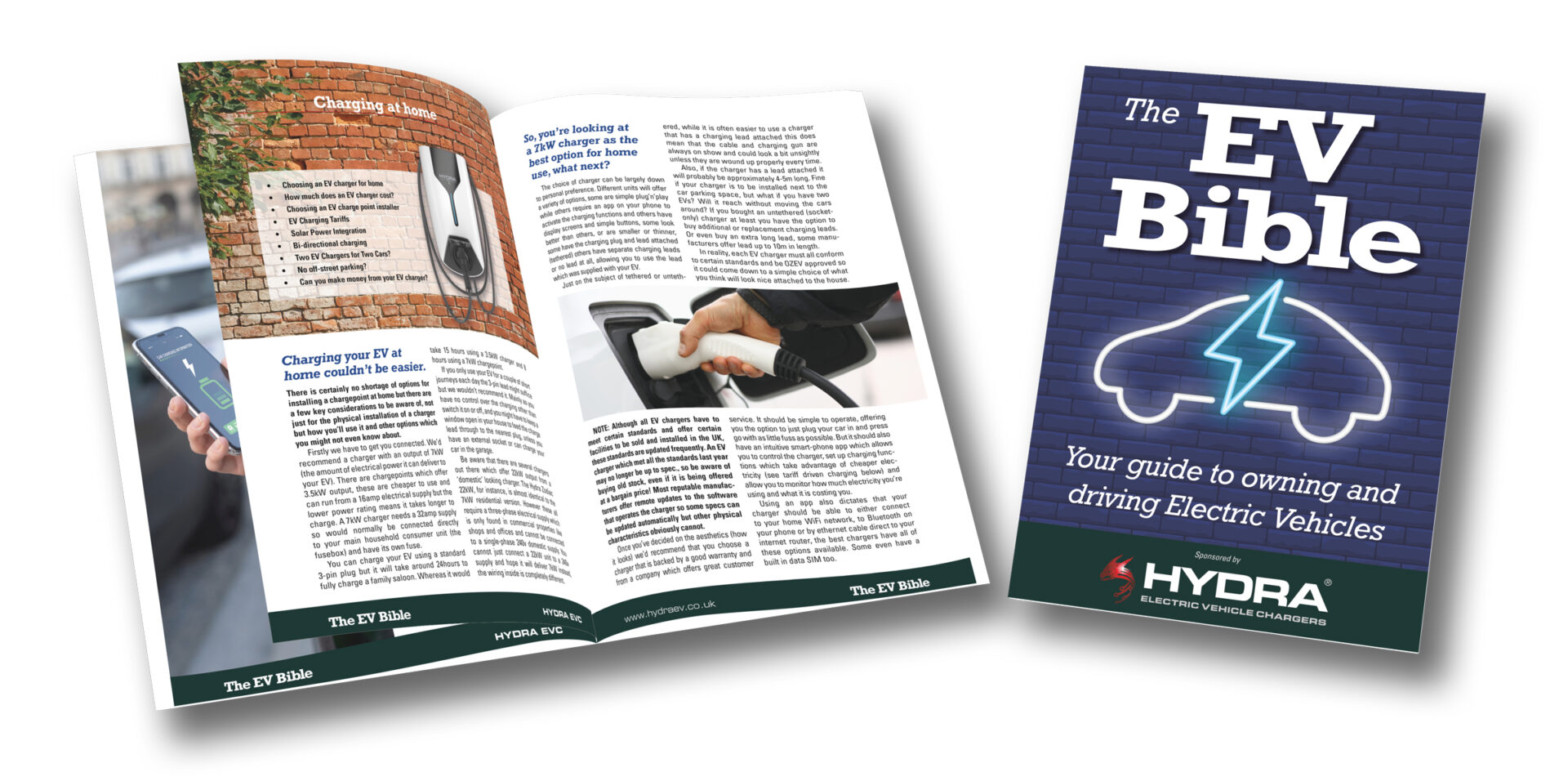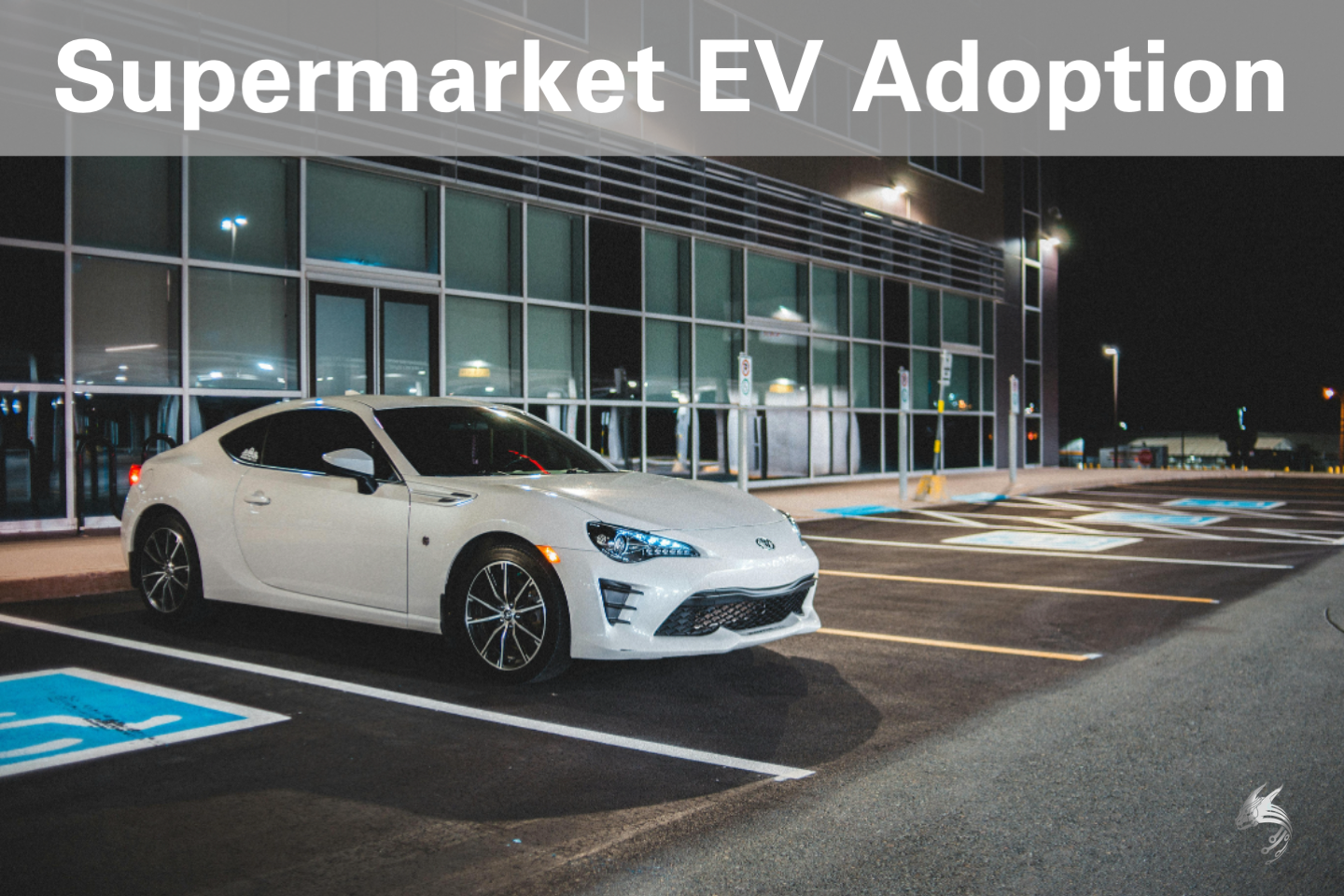It has been predicted that 448,000 new battery electric vehicles (BEVs) will be registered in the UK in 2023, according to figures from DriveElectric, one of the UK’s leading electric vehicle leasing companies. This marks a significant increase from the 267,203 EVs registered in the UK in 2022.
The figures represent a 24.9% market share for BEVs in 2023 as part of a total market of 1.8 million new car registrations for 2023.
Background issues influencing the 2023 forecast include:
- Availability of EVs will continue to improve, following ongoing vehicle shortages primarily due to semiconductor supply issues over recent years
- OEMs will have more capability to produce and deliver vehicles as more EV factories open around the world
- Many more new EV models will arrive in the UK, with a particular increase in the presence of Chinese brands
- Continued volatility in energy prices will see more people exploring ways to reduce energy costs for charging EVs, for example using solar and battery storage, with increased awareness about forthcoming vehicle to grid charging
- There will be continued accelerated expansion of the public charging network, including rapid and ultra-rapid chargers, with new operators gaining a foothold in the UK market such as Fastned, and longer term, Mercedes-Benz
- UK businesses will continue the move to reduce their corporate carbon footprint
- Confirmation of benefit in kind (BIK) for UK company car drivers (2% until April 2025, then rising by 1% each year to 5% in April 2028) and salary sacrifice has made for a more stable environment for businesses transitioning to EVs
- There will also be increasing numbers of battery electric heavy goods vehicles (despite predictions that this market would never develop); the challenge will be building a charging network for them.
Mike Potter, Managing Director, DriveElectric, says “EV registrations will continue to increase in 2023, as the industry recovers from challenges such as the semiconductor shortage, and as yet more new EV models come to market. Businesses will continue their enthusiastic transition to EVs, however the risk is that retail demand will be impacted by cost of living concerns.”
From 2025 onwards, DriveElectric sees particularly high numbers of EV sales (around 50% of registrations). Registrations of petrol and diesel vehicles will decline naturally ahead of the 2030 ban, as people will stop buying them due to poor residual values, which means higher lease costs, and as EV prices become competitive with prices of ICE vehicles.







